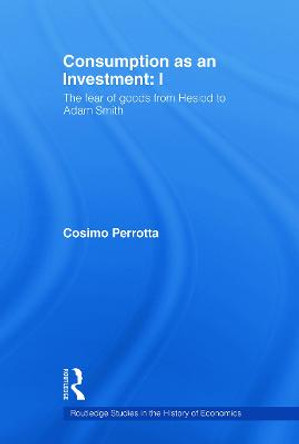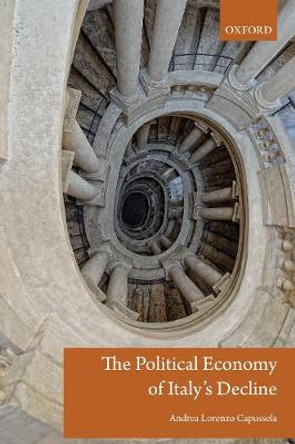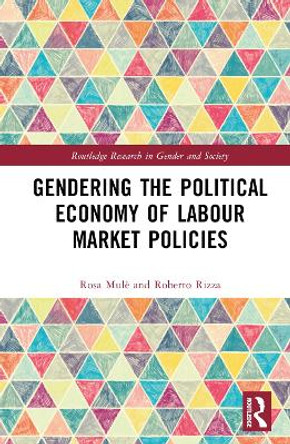Description
Contemporary mainstream economists see social wealth as the sum of individual incomes, but for three centuries many economists saw wealth as consisting of the public and private resources of a nation. This led them to explore the idea of unproductive labour, which provides a nation with an individual income, but does not contribute to an increase in social wealth or help to foster development.
This book analyses the evolution of ideas surrounding unproductive labour, offering an unprecedented history that guides readers from the work of Petty through to the present economic crisis. This volume explores the work of several key scholars, including Smith, Petty, Marx, Ricardo, Mill, Say and Schumpeter.
This book is suitable for scholars and researchers with an interest in the history of economic thought, labour economics and economic philosophy.
Winner of the 2019 Ernest Lluch Prize from the Spanish Association of Economic History
About the Author
Cosimo Perrotta is a retired Professor of the History of Economic Thought at the University of Salento, Italy
Reviews
Winner of the 2019 Ernest Lluch Prize from the Spanish Association of Economic History
"Perhaps the most important lesson that emerges from Perrotta's analysis is that the delineation of productive and unproductive labor is bound up in (both determining and reflecting) definitions of national wealth and, more broadly, the nature of economic goals (e.g., "welfare")...the thoroughness with which Perrotta has immersed himself in this literature repays itself with many gems."
Steven G. Medema, History of Political Economy
Book Information
ISBN 9781138658325
Author Cosimo Perrotta
Format Hardback
Page Count 270
Imprint Routledge
Publisher Taylor & Francis Ltd
Weight(grams) 684g





